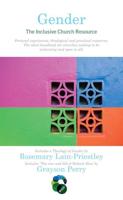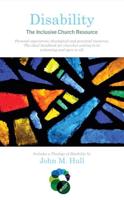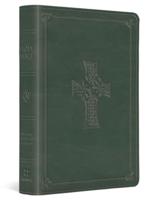Publisher's Synopsis
Excerpt from Critical and Exegetical Commentary on the New Testament: The Epistles of Peter and Jude
The disciples, would have, in that they had forsaken all for Christ's sake (matt. Xix. In still more marked lines does the picture of his distinctive character stand out in the background of Christ's passion, when he first in vain self confidence promises to the Lord that he would never forsake Him, but would go with im even unto death, and then on the Mount of Olives is unable to watch with Him he wishes, thereupon, to save his Master with the sword, and follows Him even to the court of the high priest, but in sudden cowardice denies Him before the men-servants and maids, and as quickly, feeling the whole weight of his guilt, leaves the judgment-hall in tears. On account of these unquestionably serious vacillations in feeling and conduct, he nevertheless can not be accused of indecision of character. If he showed himself weak on particular occasions, this was the result partly of his sanguine temperament, in which action instantaneously fol lowed on excited feeling, and partly of his great self-confidence, into-which he was betrayed by the consciousness of his own strength. The denial of Christ led to his inward purification; all the more that after His resurrection Christ revealed Him self to Peter first among the apostles. And so to the thrice repeated question of the Lord, if he loved Him more than the others, he returned the answer, humble yet full of faith: Lord, Thou knowest that I love Thee.
About the Publisher
Forgotten Books publishes hundreds of thousands of rare and classic books. Find more at www.forgottenbooks.com
This book is a reproduction of an important historical work. Forgotten Books uses state-of-the-art technology to digitally reconstruct the work, preserving the original format whilst repairing imperfections present in the aged copy. In rare cases, an imperfection in the original, such as a blemish or missing page, may be replicated in our edition. We do, however, repair the vast majority of imperfections successfully; any imperfections that remain are intentionally left to preserve the state of such historical works.










